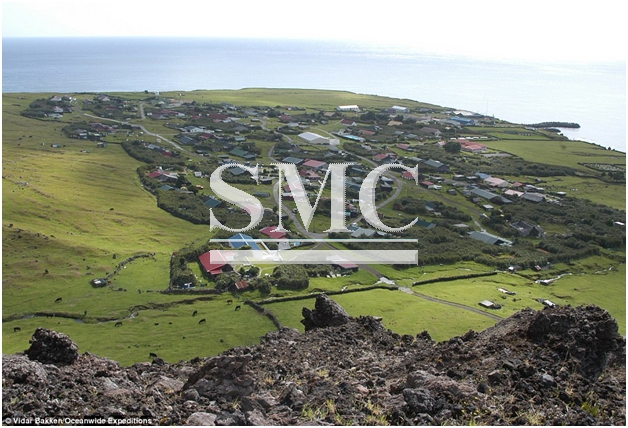
- Кратко о компании Основы компании Концепция компании Партнеры Сертификаты Культура предприятия
- Наши услуги Строительный проект Обслуживание и ремонт Производство и изготовление Реконструкции и модернизация Транспортировка и хранение Обработка и торговля
- Управление в компании История компании Ответственность по всему миру
- Центр закупок Стажировка
- Изделия из металла Изделие из алюминия Изделия из меди Изделия с металлическим покрытием Изделия из нержавеющей стали Изделия из углеродистой стали Особый сплав
- Объект строительства Стальной решетчатый настил Стеллаж Стальная конструкция Стальной мост Строительные леса Строительные материалы Химический металл Универсальное решение для проекта
- Контейнер ДФЭ контейнер для оборудования Контейнер для хранения и транспортировки Контейнерное депо Рефрижераторы Береговой контейнер
- Устройство Металоформовочная машина Другие устройства Металлорежущая машина Металлообрабатывающий станок Листогибочное устройство Строительный блок
- Механическое изделие Автомобилестроение Разное Швартовое оборудование Корабельное оборудование Емкость высокого давления
- Электромеханическая система Электрический кабель Автоматизация Распределение мощности Солнечная энергосистема Система релейной защиты Инверсор Производственная линия Система освещения
- Медицинское оборудование Пищевые принадлежности Трахеостомическая трубка Принадлежности по уходу Изделия из литья
- Строительная техника
- EPC проекты
- нефтепровод
- Водопровод
- Газопровод
- Аксессуары для лодок и швартовные аксессуары
- Металла для украшения
- Компоненты трансформаторов
- теплообменная труба
- детали и аксессуары кондиционеров
- котёл
- обрудования для кухни и ванной
- металл для бытовых электроприборов
- оборудование для солнечной энергетики
- Лифт
- Крыша и потолок
- Кабель
- Танк
- Упаковка
- детали и аксессуары машин и обрудований
- Пресс-форма
- Автомобильные детали
- Железнодорожный рельс и подкрановый рельс
- металлическая арматура
- шлифовальный диск
- оборудовании для дорожно-строительства
- Электронные компоненты
- материал для строительства и украшения
- Двери и окна
- Холодильники
- News release Новости металлургической отрасли Новости по механическому оборудованию Новости по проектам строительства Новости о товарах машиностроения и электроники Новости о контейнерах Новости о электрической системе Новости по медицинскому оборудованию
- База данных медиа Видео Изображения Следите за нами в СМИ
The world’s most remote inhabited island is set for a re-design
Tristan da Cunha is a British overseas territory and is the name given to the world’s most remote inhabited island. Saint Helena is the closest form of inhabited land, located 2000km away, South Africa is 2400km away and South America is 3360km away… you get the point? It’s quite isolated. The population of this 98 sq km island is 265 people; these 265 peoples can only be accessed by boat for 60 days a year, due to the conditions of the sea and the limited facilities of the harbour. Therefore, it is quite important that the people of these islands utilise the space as efficiently as possible and have the means to be self-sufficient, step up UK firm Brock Carmichael Architects who have won a competition to re-design the island.
The competition sought ideas to create a more self-sustainable future for Edinburgh of the Seven Seas, the main settlement on the islands. The outlined brief of the competition was to generally improve the living standards of residents, through the use of advanced residential properties and systems in which to improve the grazing of animals and the quality of crops.
The team was selected from a shortlist that included international participants:
• Lateral Office (Toronto)
• John Puttick Associates (New York)
• Scott Brownrigg (Cardiff)
• Javier Terrados and Fernando Suárez (Seville).
The project is going to see the architects sail 10 days from Cape Town on their adventure to improve the lives of the world’s most remote inhabitants.
Martin Watson, partner at Brock Carmichael, said: “We’re delighted and honoured to have been chosen as the winners of this unique competition and would like to pass on our thanks to the people of Tristan for selecting our team.
“We’re very much looking forward to forging a long-term partnership with the community to deliver practical solutions for the benefit of future generations to come.”
It’s good to see that in 2016; even the most unlikely of sources get to experience the advances in technology and construction to improve their own level of efficiencies.
